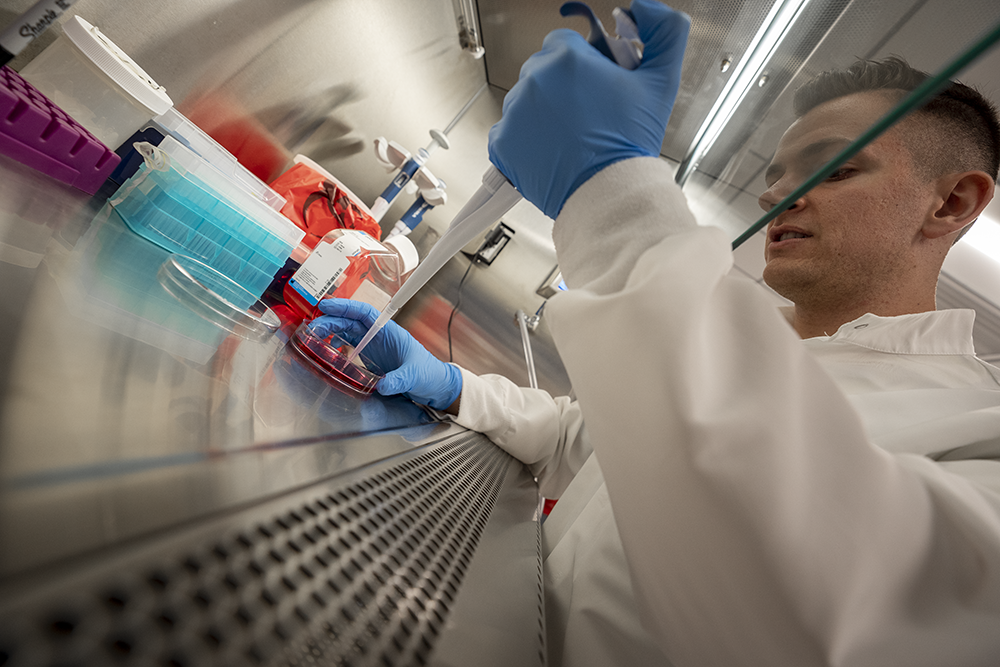
Starting in Fall 2023, USC will offer one of the few undergraduate minors in stem cell biology and regenerative medicine in the U.S.
“What we hope to do with the minor is not only to introduce fundamental biological concepts, but also to prepare students for a variety of careers related to this rapidly evolving field,” said undergraduate minor program student advisor Louise Menendez, an assistant professor of stem cell biology and regenerative medicine at USC.
For science majors, the minor could be a stepping stone to careers in medicine, biomedical research, and the biotech and pharmaceutical industries. For non-science majors, the minor could serve as an entry point to careers in regulatory affairs, intellectual property law, science communication and journalism, and many other stem cell-related fields.
Offered by the Department of Stem Cell Biology and Regenerative Medicine at the Keck School of Medicine, the minor requires 16 units. The 8 units of required course work cover the fundamentals of developmental biology, animal regeneration, stem cell science, and regenerative medicine. The 8 units of electives span a wide array of offerings, providing opportunities for pursuing independent laboratory research, acquiring modern laboratory skills ranging from cell culture to CRISPR-based gene editing, delving into computational biology or biomedical engineering, or learning about the business, legal, ethical, manufacturing, and regulatory aspects of moving stem cells or related products into medical practice.
“This minor is designed to educate undergraduates about cutting-edge new technologies, and also to provide unique access for undergraduates to volunteer in labs on the Health Sciences Campus and receive course credit for their research experience,” said Gage Crump, professor and vice-chair of stem cell biology and regenerative medicine, faculty director of the Development, Stem Cells, and Regenerative Medicine PhD program, and chair of the curriculum committee for the Department of Stem Cell Biology and Regenerative Medicine.
Many of the minor courses also fulfill the requirements for USC COMPASS, a new program funded by a $2.9 million grant from the California Institute for Regenerative Medicine (CIRM) for USC undergraduates from historically underrepresented backgrounds with an interest in studying stem cell biology and regenerative medicine.
In addition, the minor provides preparation for applying to USC’s graduate-level stem cell programs, which include a progressive master’s degree, a one-year master’s degree, and a PhD program.
“The minor is a logical progression in our educational initiatives and will help us stimulate excitement about stem cell biology at the undergraduate level,” said Menendez. “We want to expose students to research and the importance of research in an effort to show them that these are careers that they can pursue for a long time.”
For more information, RSVP to attend an informational session about USC’s new stem cell minor on April 13 from 6–7:30pm at the Michelson Center for Convergent Biosciences on the University Park Campus. For questions, contact Louise Menendez at stemcellminor@usc.edu.
